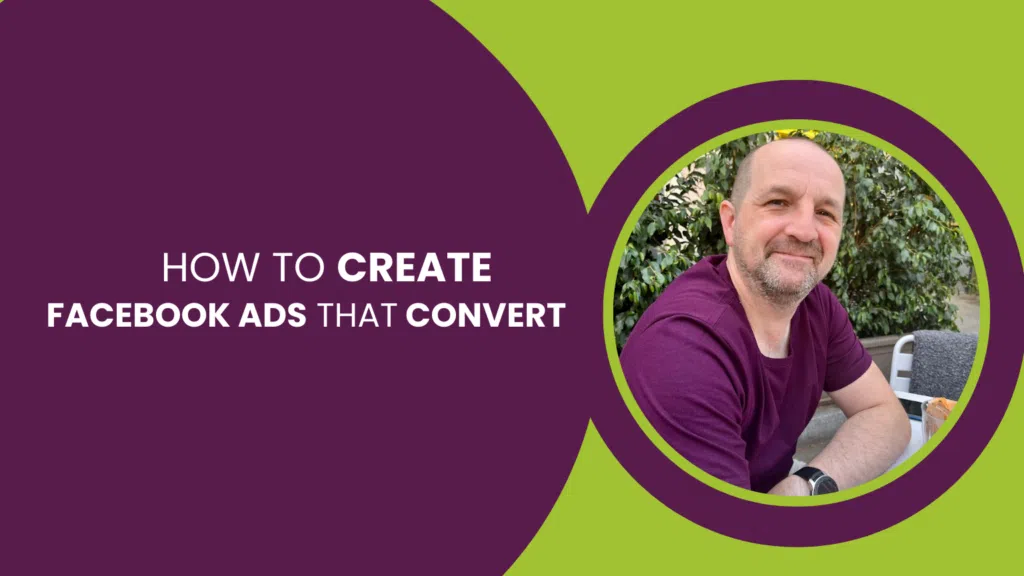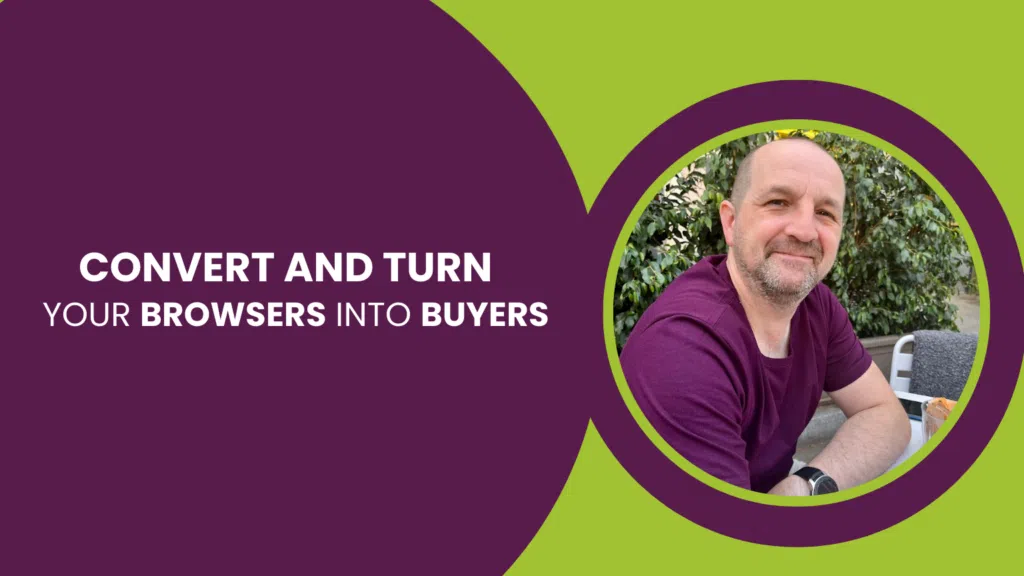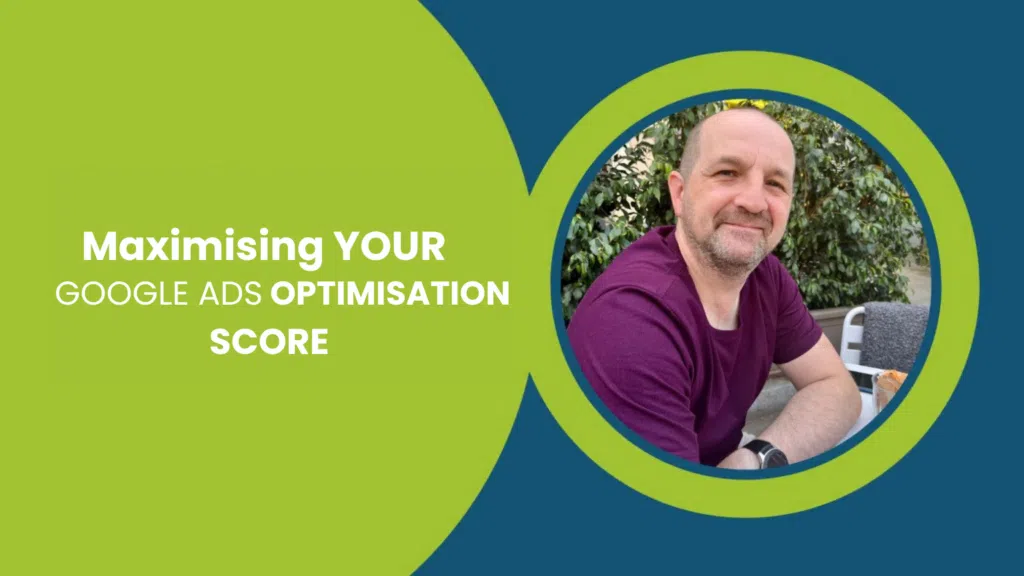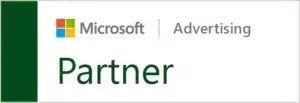With many of our readers new to advertising with Google AdWords, we take a look at the five most common mis-steps clients make when setting up an account. (And a check list for those that are more familiar).
Google is More than Google Search
An option in the settings for each campaign, it is important to understand the impact of selecting this option. Left at its default setting, ads will run on three networks, Google search, Google search partners and the Display Network.
The Display network represents a very different strategy to Search, has different objectives and a significantly different structure and approach to Search. Google contextually matches your ads with content on forums, discussion boards, advice sites, news sites and much more.
Display can and does produce great results, but if you’re new to AdWords, turn it off for now and come back to it later. Otherwise, it should at least be targeted using a separate campaign with its own budget and performance metrics.
Targeting Local Customers
For businesses that target a local area, this function is extremely beneficial. Ideal for plumbers, plasterers, hairdressers and PC repairs, but there are many more. If you’re a plumber in London, this allows you to exclude searches on Google from locations outside of London, for example.
Combined with a separate keyword strategy of bidding only on search terms which include places your business can service, you’ll ensure that clicks are highly relevant and improve performance.
Using Highly Relevant Keywords
When selecting which keywords to use in your campaign, there is one simple rule to follow to ensure your traffic is relevant: only use keywords which are precisely what you provide in terms of products or services featured on your website.
For example, if you sell a range of hand knitted jumpers, there’s little point in bidding on “jumpers” – it represents far too many other products that you don’t sell. Better to qualify this as “hand knitted jumpers”, “knitted jumpers”, “woolly jumpers”, “ladies knitted jumpers”, which would be much more accurate and produce greater ROI.
Keywords which are not exactly what you provide are much less likely to convert into sales, leads or enquiries – you’ll most likely burn your budget with little to show for it.
Relevance is Critical
For best performance, organise your keywords in to tightly themed groups and show highly relevant ads. Google will respect your relevance and so will the audience. You’ll get a much higher CTR, higher ad positions, more clicks and more sales. Grouping terms together like this is the purpose of an Ad Group in your account – use it!
Using the jumpers example, you would create an ad group for all the “knitted jumper” keywords with a knitted jumper ad, a group for the “woolly jumper” keywords with woolly jumper ads and “ladies knitted jumpers” in a group with ladies’ knitted jumper ads.
Landing Page Selection
Selecting the most relevant page on your site is a great way of making the search process simpler, quicker and easier. If the search is “ladies knitted jumper” land them on the ladies knitted jumpers page. Google rewards your relevance with a better quality score and higher ad positions, your customer has a better experience and is more likely to convert in to an enquiry or a sale.







